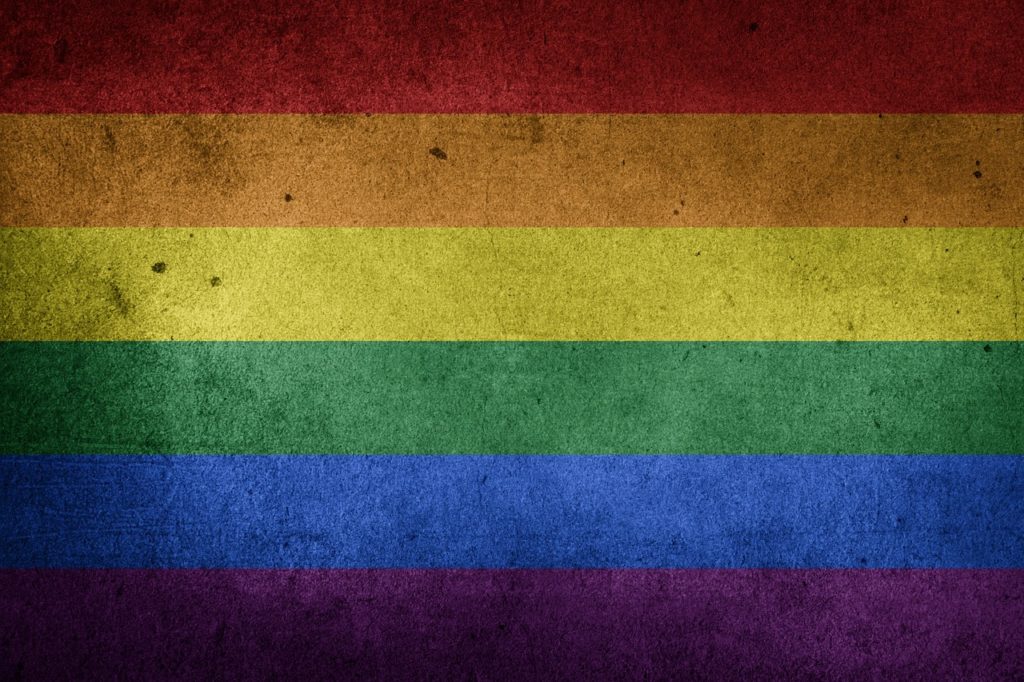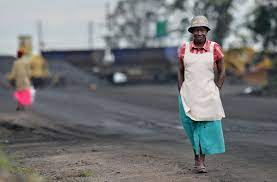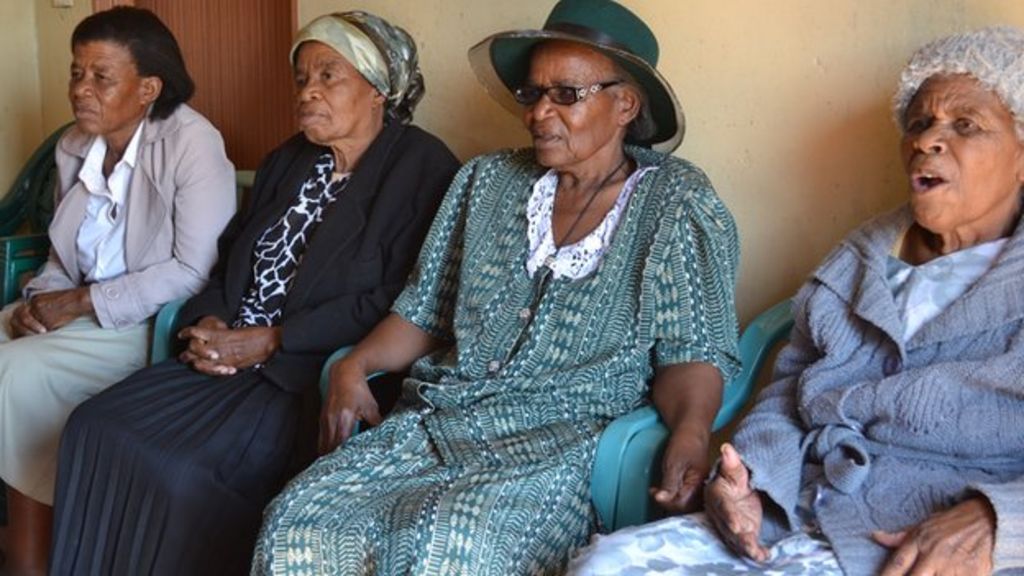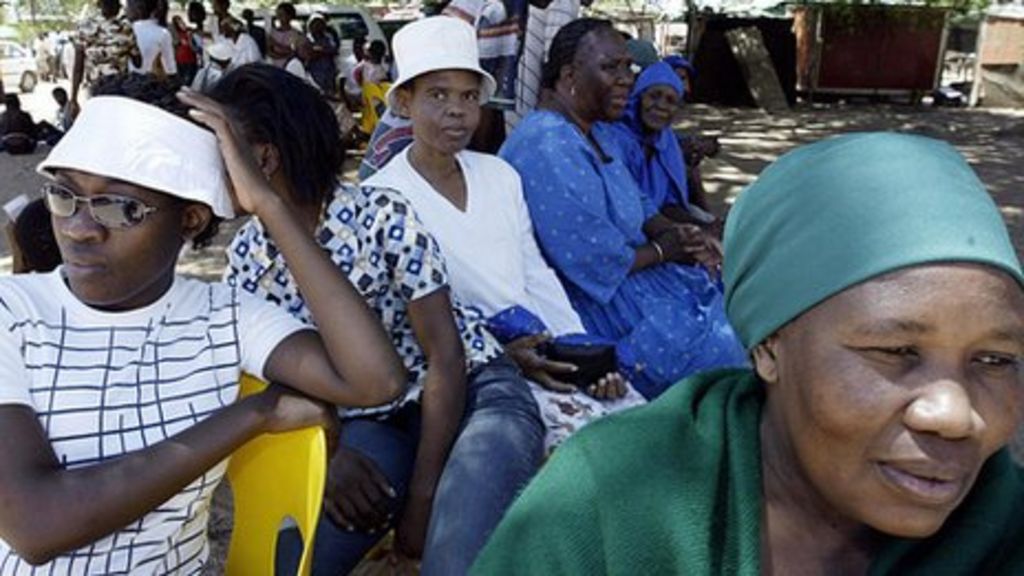
On Monday, November 29, Botswana’s Court of Appeal unanimously upheld an earlier 2019 ruling which had decriminalized same-sex relationships. In so doing, the court upheld judiciary independence, democracy, the centrality of Constitutionally protected and established rights, as it hammered another nail into the coffin of colonial and neocolonial law and culture. Within a 24-hour span, Barbados declared itself a full republic, with no need of an English Queen; Honduras elected its first woman president, and a democratic socialist at that; and Botswana rejected homophobia and the persecution of LGBTQI+ persons and communities. Talk about conjunctural moments, sing about decolonization.
Botswana gained formal independence from Britain on September 30, 1966. The new republic adopted the penal code written, largely by British hands, in 1964, a Penal Code in force to this day. Botswana’s Constitution was written in 1966. In the 1964 Penal Code, Article 164 addresses “Unnatural offences”. In particular Article 164, Sections a and c declare: “Any person who has carnal knowledge of any person against the order of nature; … or permits any other person to have carnal knowledge of him or her against the order of nature is guilty of an offence and is liable to imprisonment for a term not exceeding seven years.” This law and language formed part of the grand British imperial obsession with rooting out `carnal’ corruption in the colonies, an obsession that dated back to 1860. A prison term of no more than seven years is but one of the gifts the British left behind.
In 2016, Letsweletse Motshidiemang, a young gay man, applied to the High Court to have the laws repealed. He described growing up as a gay boy and then young gay man in Botswana, and argued, essentially, that the Constitution protected his right to be who he was and that Botswana itself had changed in the intervening decades. He relied on the Court to respect the Constitution, and he was not disappointed. On June 11, 2019, the High Court agreed and declared that the articles under discussion violated the Constitution, in substance and spirit. The Government appealed. This Monday, the Appeal Court, the highest court in the land, declared, “Those sections have outlived their usefulness, and serve only to incentivise law enforcement agents to become key-hole peepers and intruders into the private space of citizens.”
In previous cases, the Court of Appeal has consistently declared the Constitution a living document central to the democratic project. In 1994, in the Unity Dow case, the Court of Appeal declared, “The Constitution … cannot be allowed to be a lifeless museum piece … the courts must continue to breathe growth and development of the state through it … The primary duty of judges is to make the Constitution grow and develop in order to meet the just demands and aspirations of an ever developing society, which is part of the wider and larger human society governed by some acceptable concept of human dignity.” From Honduras to Barbados to Botswana, and beyond, this week has brought a victory for human dignity.
(By Dan Moshenberg)
(Image Credit: Jurist)



